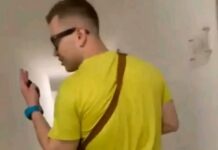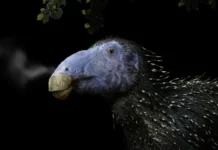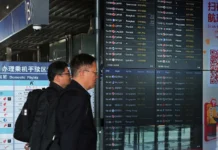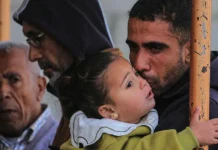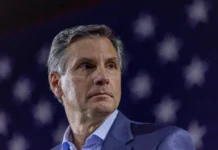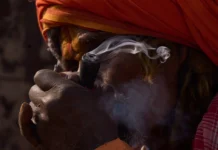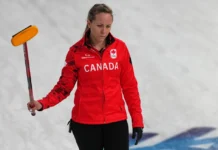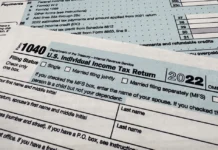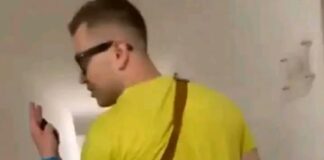
Colombian authorities have reported their biggest cocaine bust in ten years, seizing 14 tonnes of the drug at the Pacific port of Buenaventura in what officials described as a “historic blow” to trafficking networks.
The operation comes amid escalating pressure from the administration of U.S. President Donald Trump, which has accused President Gustavo Petro of enabling the drug trade.
The Ministry of Defence said the cocaine was discovered in dozens of 50-kilogramme (110-pound) sacks hidden inside a warehouse, with the shipment bound for the Netherlands. Officials said traffickers had attempted to disguise the drugs by mixing them with plaster.
“With this seizure, we prevented the circulation of 35 million doses of cocaine and impacted the finances of those structures by more than $388.9 million,” the ministry said on Friday.
President Petro confirmed the operation on X, calling it the largest seizure by Colombian police “in the last decade” and noting that it was carried out “without a single death.” He posted video footage showing officers and sniffer dogs raiding the warehouse.
The bust comes as the Trump administration intensifies criticism of Bogotá’s anti-narcotics strategy. In October, the U.S. Treasury sanctioned Petro, his wife Verónica del Socorro Alcocer García, his son Nicolás Petro Burgos, and Interior Minister Armando Alberto Benedetti, alleging links to drug trafficking.
Treasury Secretary Scott Bessent claimed Petro had “allowed drug cartels to flourish,” blaming him for what Washington says is the highest level of cocaine production in decades.
Petro has rejected the accusations and on Monday ordered Colombia’s Financial Information and Analysis Unit to release his bank records publicly, arguing they contradict Washington’s claims. He has also condemned U.S. military actions in the Caribbean and eastern Pacific, where around 20 boats have been bombed since September, as “extrajudicial executions.”
Meanwhile, Bolivia signalled a major shift in its counter-narcotics policy. Ernesto Justiniano, the country’s new anti-drug chief under recently elected conservative President Rodrigo Paz, said the U.S. Drug Enforcement Administration (DEA) will be invited back after being expelled in 2008 by former leftist leader Evo Morales.
Justiniano said cocaine production in Bolivia had “spiralled out of control” and stressed the need for international cooperation.
The contrasting developments place Colombia and Venezuela on a tense trajectory with Washington, even as Bolivia moves toward closer coordination with the U.S. in the region’s renewed struggle over drug trafficking and political influence.
Source: AL JAZEERA
Written By Rodney Mbua









